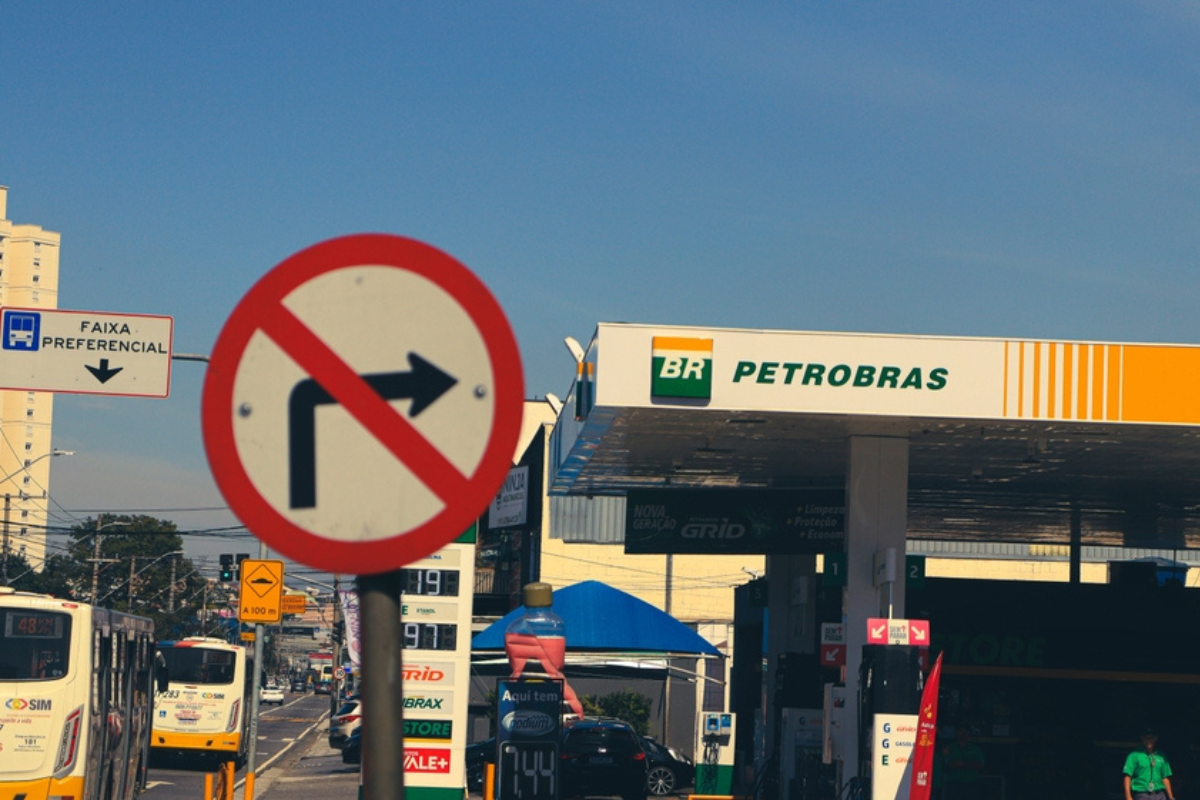A federal court in São Paulo ordered that the federal government and Petrobras, Brazil’s state-controlled oil and gas giant, provide explanations over the decision to end the company’s previous pricing policy, which was pegged to international oil price fluctuations.
Petrobras announced its decision on May 16, saying that it was replacing international import parity with a “commercial strategy” that prioritizes the “customers’ alternative cost” and the company’s “marginal value” in each negotiation. This means that the company, which controls 84 percent of the country’s refining capacity, will seek competitiveness above all else and is willing to sacrifice regional and short-term profit margins to win new customers and grow in the long term.
With the help of a pro-business organization, a Porto Alegre-based law firm specializing in defending minority investors sued Petrobras, arguing that there was an obvious disconnect between the pricing policy and the company’s cost matrix. The lawsuit claimed that if Petrobras does not resume its old policy of import prices, it could fail to make BRL 62 billion (USD 12.4 billion) in profit.
The change in policy is part of a broader plan of the Luiz Inácio Lula da Silva government to take the state-controlled company back to its role of absolute protagonist in the oil sector.
In addition to changing the company’s pricing policy, Lula-appointed CEO Jean Paul Prates and the company’s new board of directors also want to change Petrobras’s strategic plan and stop selling off its refineries — despite the company having pledged to do so in a 2019 agreement signed with antitrust watchdog Cade.
As with the lawsuit that tried to prevent the distribution of dividends by the company earlier this year, this latest judicial order is unlikely to result in major setbacks for the oil giant. But it will be interesting to see what explanations the state-controlled company and the government give the court.


 Search
Search






































